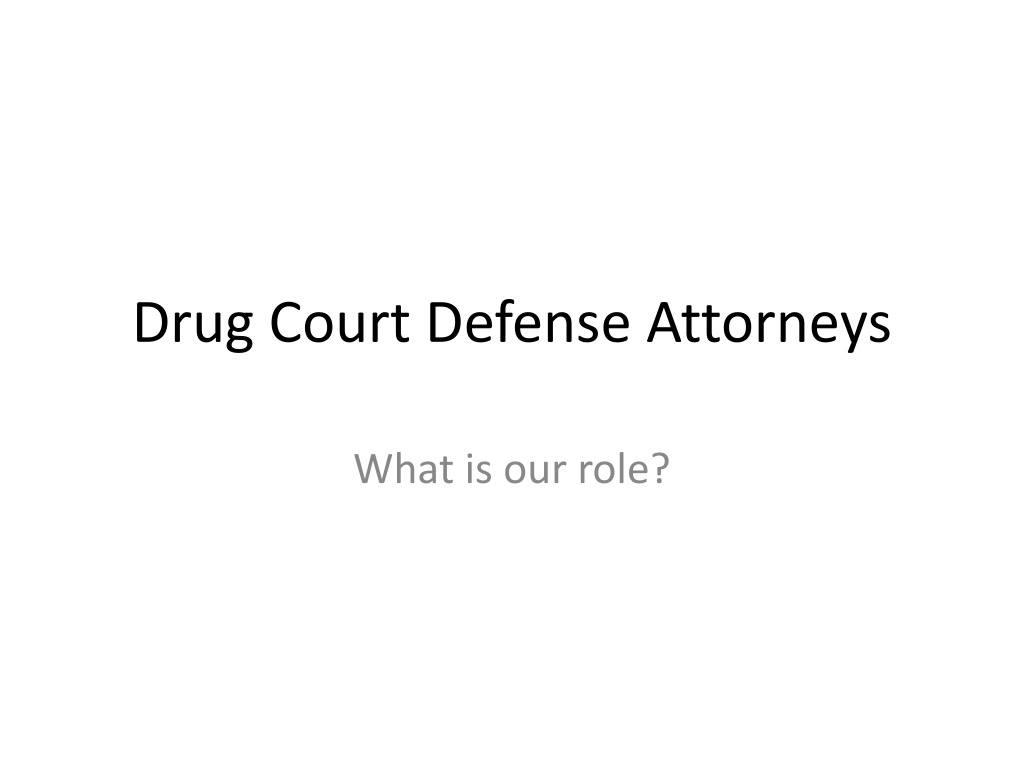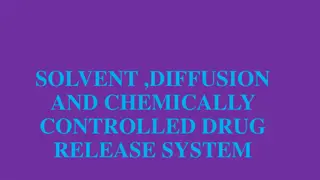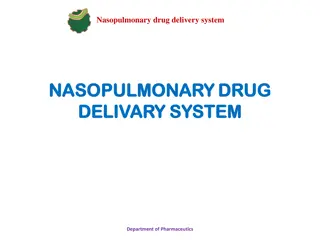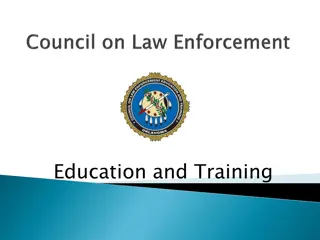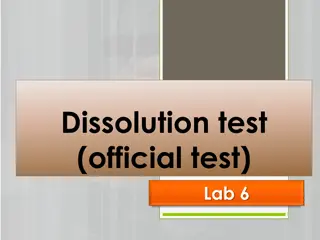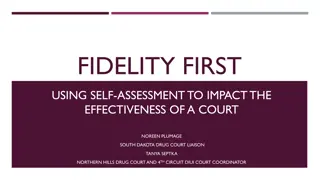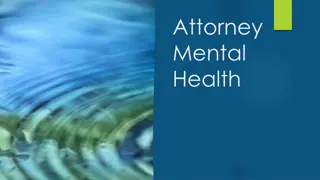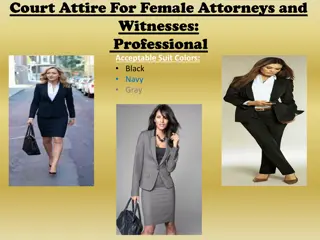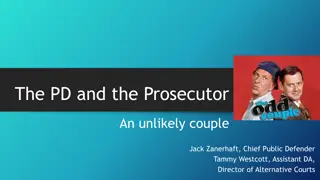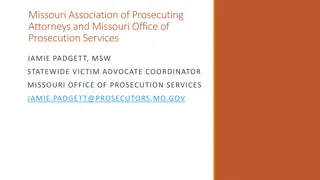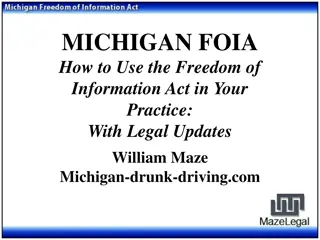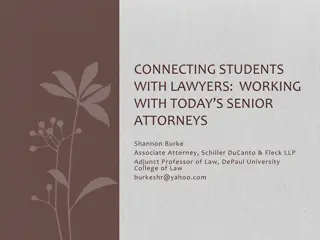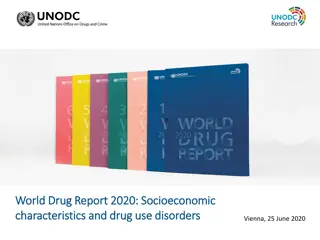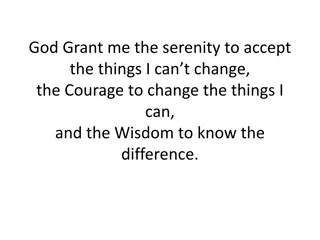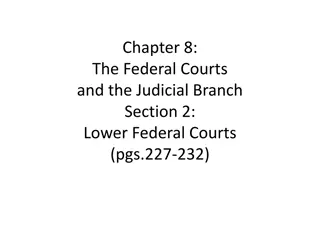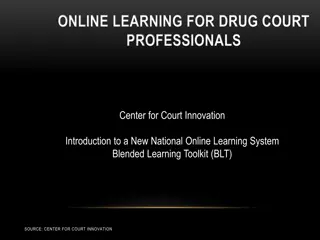Understanding the Role of Drug Court Defense Attorneys
Drug court defense attorneys play a crucial role in the success of drug court programs by advocating for their clients, ensuring fair sanctions, guiding through plea processes, handling grievances, and representing clients in hearings to uphold justice and support their rehabilitation journey.
Download Presentation

Please find below an Image/Link to download the presentation.
The content on the website is provided AS IS for your information and personal use only. It may not be sold, licensed, or shared on other websites without obtaining consent from the author. Download presentation by click this link. If you encounter any issues during the download, it is possible that the publisher has removed the file from their server.
E N D
Presentation Transcript
Drug Court Defense Attorneys What is our role?
We are a team member. WE ARE IMPORTANT!!!!! The new best standards say that we are a vital member of a successful drug court team Go to staffing and go to court It is important that the participants see us in court and can talk to us Many times the participants will tell you things they will not tell others. They bond with us and rely on us to be their support system, but please continue to remember your boundaries.
You are a member of the team, but you still represent your client Sanctions: rule violations have consequences, but they must be fair. Our job is to advocate for our clients to ensure that the sanction is fair, but you must still recognize that sanctions are part of the program and they are warranted. Hearings: During a hearing, you are a defense lawyer and not a member of the team. It will be difficult, but it is our job.
Pleas It is your responsibility to make sure your clients understand the rules and conditions of drug court prior to any plea. As a rule, we go over the contract prior to any plea paperwork being signed. We are also available to assist private lawyers with questions. It is your responsibility to make sure that you are not pleading someone into the program that is not ABLE to complete the program due to a medical condition.
Grievances In Oklahoma County, the Public Defender is responsible for handling all grievances filed, unless it is against the lawyer. This is a good set up because as a member of the team we have access to all information and the other members will freely communicate with us. We have the skills to do a proper investigation and interviews We are in the wonderful position of being able to give an independent opinion regarding our findings. Please note: I have found that the grievance was valid and recommended a remedy. I have never had any problems from any team member about any of my findings. My team knows we are not perfect and sometimes things happen. We learn from them and try to make our program better.
Hearings All participants are entitled to a hearing on a Motion to Revoke and on a sanction. ALL HEARINGS SHOULD BE ON THE RECORD!
Hearings: Motion to Revoke Know the standards that the Judge must find at a hearing and know that rules of evidence. Remember, your Judge is a member of the Drug Court team. They hearing can be held in front of your Drug Court Judge or can be heard by the District Court Judge that was originally assigned to the case. The State of Oklahoma must present the evidence as alleged in the Motion to Revoke and they must show that previous sanctions have not corrected the prior violations and that on the current violations that a sanction cannot remedy the issues. Even though a participant is guilty of the accusations, it does not mean that they are revoked from Drug Court. The Judge must find that the violations cannot be remedied by a sanction. If they Judge determines that the violations cannot be addressed by a sanction, the Judge must revoke the participant in full. If the judge determines that the violations can be remedied by a sanction, the Judge determines what the sanction will be. All sanctions are capped to 5 days per offense by statute. At a hearing, you may be in the position to cross-examine the other members of the team. Remember, you are a lawyer and this is not personal. This is your job.
Hearings: Sanction This is new and recommended by the Judges at Nationals. A hearing on a Sanction should only be had if the sanction is a jail sanction and the participant contests the allegation that led to the sanction. This hearing will be similar to a revocation hearing and the Judge will determine if a violation has been committed and what the appropriate sanction is to be. Please note: we have never had one. Generally the issue is the sanction and not the violation because we are diligent in investigating any allegations that may have additional information.
Drivers License Each drug court should designate 1 person for the responsibility for a temporary DL issued by drug court. Each drug court has a right to determine their own set of rules regarding the eligibility of a temp DL Encourage all participants to get a license through DPS!!! Tell them to call a hearing officer. In OK County, you must be in phase 3 for at least 30 days or post in-patient treatment for at least 30 days AND at least 120 days sober. Regardless if you are in drug court or DUI court, if you have had a DUI in the last 10 years, you must have a breathalyzer on your vehicle. I am responsible to the temp DL. First, I determine if they are eligible by the program rules. Second, I run a driving record. Remember, if a participant has NEVER has a license, you cannot give them one. They MUST go through DPS. The temp DL is to be rescinded at graduation. Also, remember to have the participants who have a breathalyzer on their vehicle to call DPS before they remove it in the event that they will still need it under their rules. THE RULES ARE LONG AND DIFFICULT SO BE CAREFUL AND ADVIDE YOUR CLIENTS
Our Motto: We will not lie for you or enable you, but we will make sure you are treated fairly. We are NOT: Your mother/girlfriend Your child Your confessor-we will not confess for you-you must do it on your own. Your treatment provider- we are not qualified. Your Probation Officer
